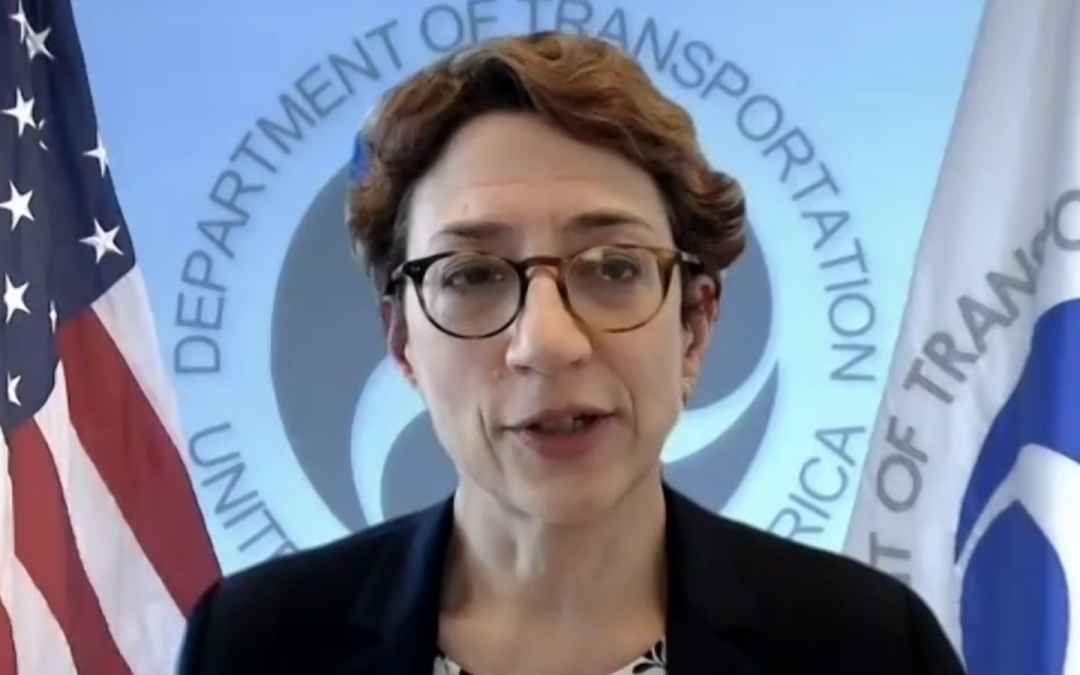WASHINGTON — Making public transit more accessible, cleaning up pollution in low-income neighborhoods and reuniting communities split by highways built through them are among the first priorities of the Biden administration’s $1.2 trillion infrastructure bill, Deputy Transportation Secretary Polly Trottenberg said Tuesday.
The bill cleared the House of Representatives late Friday after approval in August by the Senate. President Joe Biden is expected to sign the deal into law as early as next week.
Over the next six months, the Department of Transportation will distribute funds to repair and modernize transit and open applications for competitive grants for improving freight and passenger rails, said Trottenberg during a virtual press briefing.
In addition, the Department of Transportation will allocate $1 billion toward reconnecting divided communities, she said.
It’s the first time there’s been dedicated funding for reconnecting communities, said Carlos Monje, the DOT’s under secretary of policy. “There’s a lot of other money–particularly road money and transit money,” said Monje, that will go toward the program as well.
But the $1 billion is down from $20 billion proposed by Democratic Sens. Kristen Gillibrand and Chuck Schumer of New York in June.
The DOT will also devote nearly $2.2 billion toward improving accessibility, said Trottenberg. Nearly 25 million people in the U.S. have a travel-limiting disability, according to the Bureau of Labor Statistics.
When public transit is convenient, reliable and affordable, people will choose to drive less, said Trottenberg, who served as New York City’s Transportation Commissioner from 2014 to 2020. “That means fewer emissions and less congestion.”
Addressing climate change is a key priority, said Trottenberg. The DOT plans to pursue a multi-year plan to expand the use of electric vehicles, setting a goal of installing 500,000 EV chargers across the country by 2030, she said.
“We really want to kickstart the transition to electric vehicles a lot more quickly than otherwise would happen,” said Monje.



